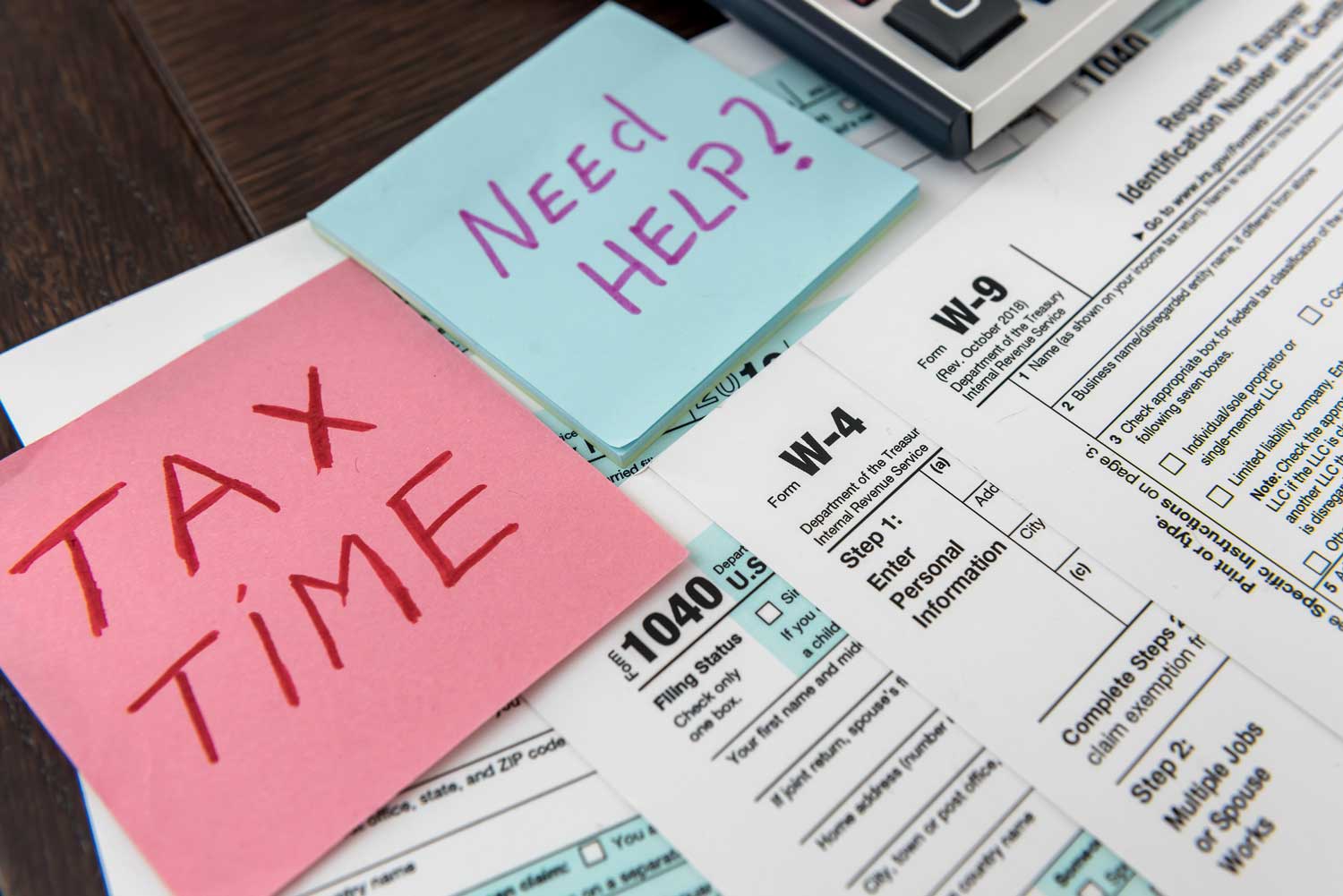As the familiar deadline of April 15th approaches, many of us find ourselves buried under a mountain of government-issued tax paperwork. Amidst the chaos, it’s easy to lose sight of the bigger picture: understanding the documents you’ve received, and how they can help you prepare for the future.
If you receive income from investments, dividends, education savings plans, or contract work, you’re likely familiar with IRS Form 1099. However, the deadline for receiving these forms can be a bit unclear. While some insist that the deadline is January 31st or February 28th, others argue that issuers have until as late as March 31st to send certain Form 1099s. The point is, you may still be waiting on a few expected tax documents to land in your mailbox, and that can be frustrating, if not also concerning.
Fortunately, there is plenty you can do to prepare for the tax filing deadline while you wait:
- Make a list of Forms 1099 you expect to receive: Proactively tracking expected Form 1099s may help you avoid surprises or, worse yet, neglecting to file one with your taxes.
- Check the online portal, if available: In most cases, a digital copy of the expected Form 1099 may be available up to a week before you receive it in your mailbox.
- Watch out for corrected Forms 1099: Sometimes, the Form 1099 you receive may be an estimate instead of the final version. Read any accompanying material and check for a watermark.
- Look for errors and report them ASAP: You might not have much time to correct any errors, so be sure to open, read, and act on your Form 1099s as soon as you receive them.
- Make sure your address is current: The IRS will get a copy whether or not you get yours, so make sure you give the sender the right information to send your Form 1099 to the correct address.
- The IRS gets a copy, too: Don’t forget that the IRS receives a copy of all Form 1099s, just like you. If you forget to include one in your filing, you’ll likely receive a letter asking you to account for the funds you neglected to include.
Once you’ve finally received all of your Form 1099s, it’s time for the fun part: applying your newfound financial knowledge to improve your future financial security.
Understanding your income and how it’s being reported on Form 1099s is a crucial step in planning for the future. It allows you to assess your financial situation accurately, and make informed decisions about the future of your estate. Whether you’re looking to transfer assets to your heirs or minimize the tax burden on your estate, having a clear understanding of your income sources is essential.
As tax season approaches, take the time to review your Form 1099s and consider how they fit into your estate planning goals. And remember, you don’t have to go it alone. Seek qualified advice from tax or financial professionals, estate planning attorneys, or professional fiduciaries when appropriate. Of course, the team at Santa Barbara Fiduciary is here to help you navigate the complexities of your financial information, so you can gain a deeper understanding of your financial landscape and make informed decisions about your future.
Contact us to learn more about how we can help!










